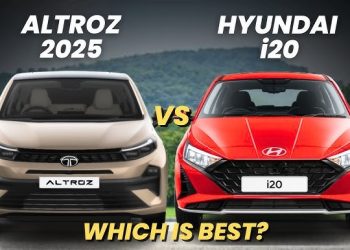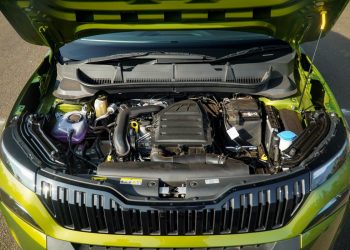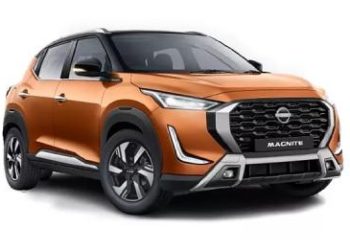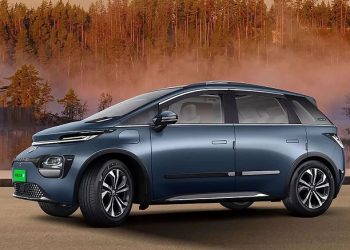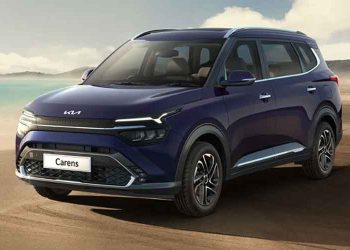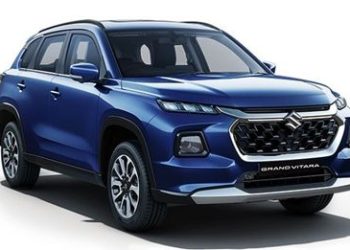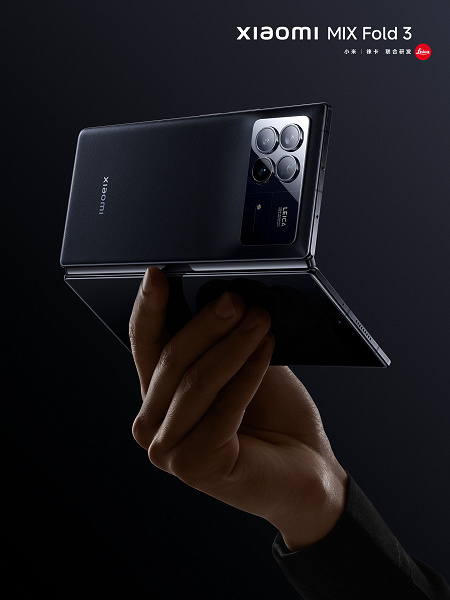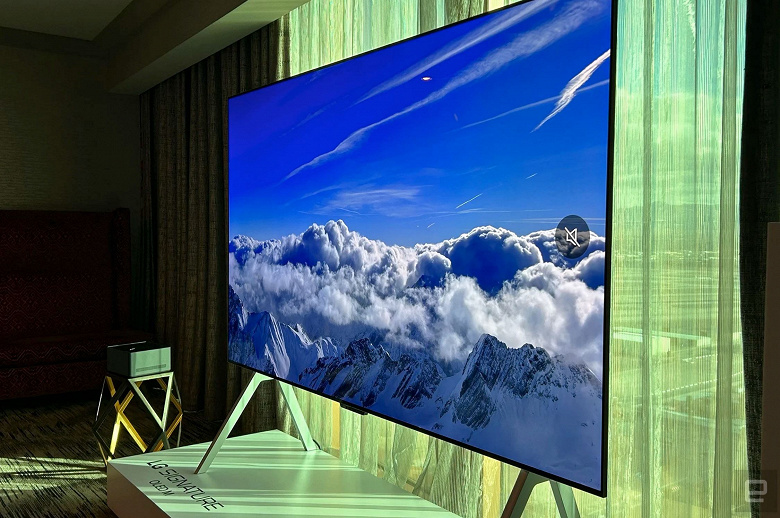Toyota on electric vehicles: so far the ends don’t justify the means
Until now, it was believed that one of the largest automakers on the planet, the Japanese corporation Toyota Motor, neglected battery electric vehicles due to the huge sums spent on the development of alternative vehicles using hybrid power plants and fuel cells. It turns out that the company’s management considers the expansion of electric vehicles to be premature for economic reasons.

